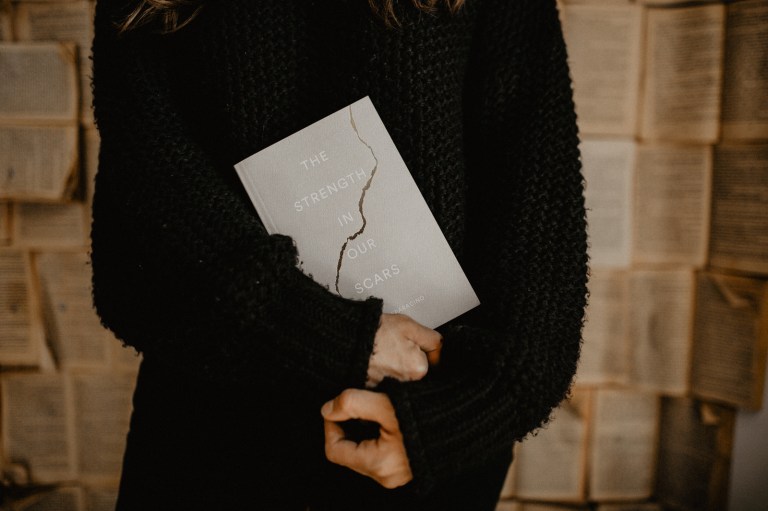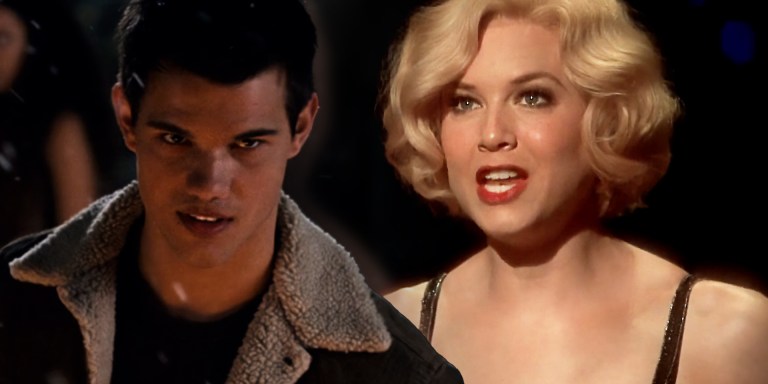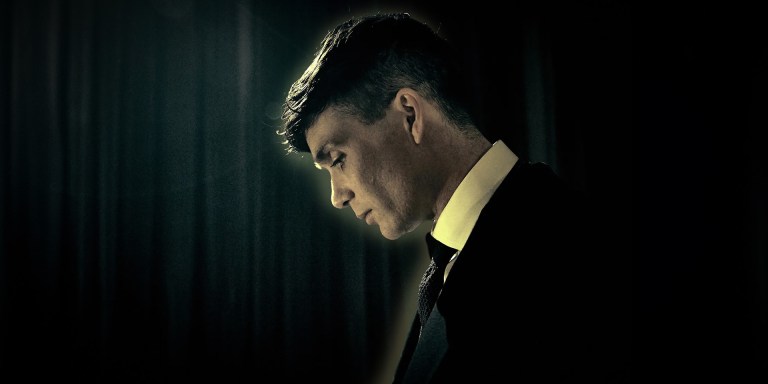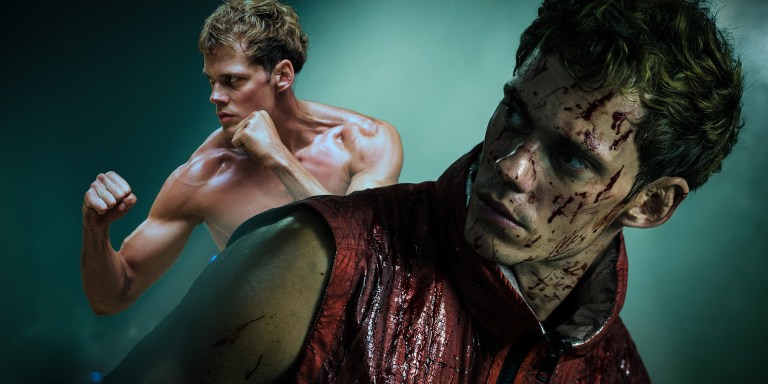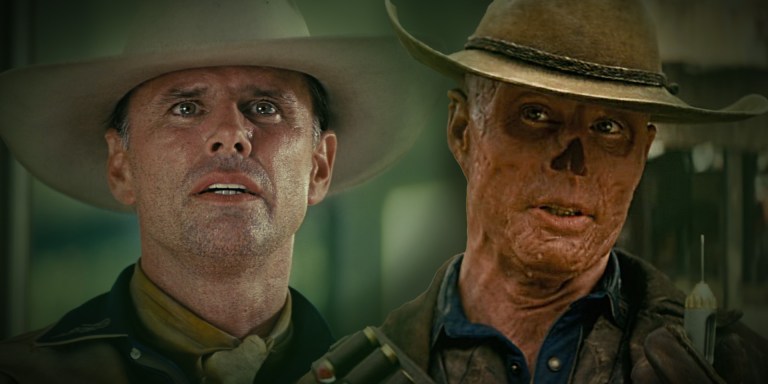Shortly before I moved to France, I was in a bar in my hometown between Christmas and New Year’s, having a drink with some friends. It was that awkward, almost surreal week or so where everyone you haven’t spoken to since high-school graduation is back in one place, rubbing elbows and making forced conversation. We ask a lot of questions whose answers we couldn’t care less about, we coo and congratulate over events that do not concern us, we feel the cold shiver of time brushing past us as we acknowledge that some of us are actually getting married–it’s strange. Although it can occasionally end with warm reunions, it usually leaves one with the reassuring thought, “No wonder I stopped talking to these people.”
And sipping my drink, watching a band whose principal members also went to my high school, I felt a tap on my shoulder and turned around to see an old classmate, holding a novelty plastic cup of beer and swaying drowsily to the music.
“Chelsea?” He asked, his eyes bloodshot and unfocused.
“Hey!”
We launched into the kind of conversation that makes you long for the dentist’s chair or lines at the DMV–anywhere less uncomfortable and unnatural than where you are. We never spoke in high school, despite having a good number of classes together, and it was no secret as to why. He, with his perpetually tan skin, propensity towards team sports, and shaggy, thick hair, was the epitome of high-school desirability. Me, with my mouth full of gleaming metal (complete with palate expander–the most medieval of modern orthodontic devices), my permanently broken-out skin, and unflattering glasses, I couldn’t have had less to do with him or the world he lived in.
I wasn’t so much ostracized as completely ignored. The parties frequented by he and his band of Livestrong-wearing bros seemed, at the time, as unattainable and mysterious as medieval-chateau meetings of the Illuminati. Hearing snippets of anecdotes about beer-bonging jungle juice or sleeping with two girls in the same night, one unbeknown to the other, confirmed to me that the American Pie-style high school experience did, in fact, exist–just not for me or anyone I knew. There was fun to be had here, I just wasn’t invited to it.
And so, like most teenagers pushed to the fringes of high-school society by the burdens of their physical appearance and awkward senses of humor, I took up hobbies. Swing dancing and theater became my personal havens, but my equally strange friends found refuge in any number of side interests that took up the time that would otherwise have been spent binge drinking on a friend’s parents’ yacht. We buried our noses in fantasy books, spent long after-school hours on pet projects, and poured our angsty little souls out on LiveJournal. They were heady times.
I thought about this and had a burst of retroactive embarrassment for the unbelievable loser he must have taken me for in high school as he drunkenly recounted his second-tier college lacrosse exploits and recent middle-management position in his father’s development firm. I nodded politely and interjected the occasional question about his interests outside of work. As best as he could recount them, they seemed to include binge drinking on weekends and watching television throughout the week. I laughed along with his jokes, despite them not being particularly funny, because I didn’t know how else to react. He put his hand on my thigh and made some vague mention about his house being just a few miles away. I said I had to go to the bathroom, and retreated to the other side of the bar.
It is always strange to see the moment people have turned the corner, to see how much things can change in such a short time. The people in his social group, the one that seemed so illustrious and privileged in high school, have seemed in every interaction I’ve had with them since to be almost uncomfortably stagnant. When partying and sleeping with each other are the only interests you develop outside of sports, and the academic organization and facilities of your sport are taken away, you are left with the kind of drinking habits that go from youthfully indulgent to vaguely alcoholic in under a year. Even online, they make no bones about their plans for the weekend: drinking, boating, drinking, drinking, “laying out” (do we really still use that term?), and hangover brunching.
I’ve always heard from the more fascinating adults in my life to be wary of people that say that any academic period was the “best time of their lives,” especially high school–and I’m just beginning to understand why. There seems to be a certain mentality permeating the American middle class that says, more or less, “Okay, school’s over, you’re an adult, time to stop having fun or doing anything interesting other than numbing your wits at every available opportunity.” Only the people who were forced at a young age to develop interests and involvements outside of inebriated socialization seem to have escaped this. Perhaps you need to be forcibly, painfully driven outside of your comfort zone in order to avoid living and dying in its core.
I often wonder if I will go to my high school reunion. Part of me wants to see where the people I would have liked to stay in touch with have gone with their lives, but part of me feels that the experience would do more harm than good. The knowledge that, for many people, getting together with high school buddies will be a reliving of their best moments and a chance to escape to a time when they were socially important by default is a sad one. The idea of “weren’t those the days, man?” conversations being the theme of the evening makes the whole prospect seem torturous. Just seeing the guys at the bar with their backwards baseball caps and their near-robotic consumption of alcohol made me uncomfortable, and though I did not take any pleasure in rejecting the advances of someone who once made me feel insignificant by simply existing, I know the 16-year-old me that squirreled her hours away into passions and hobbies I carry on to this day did the right thing. ![]()


